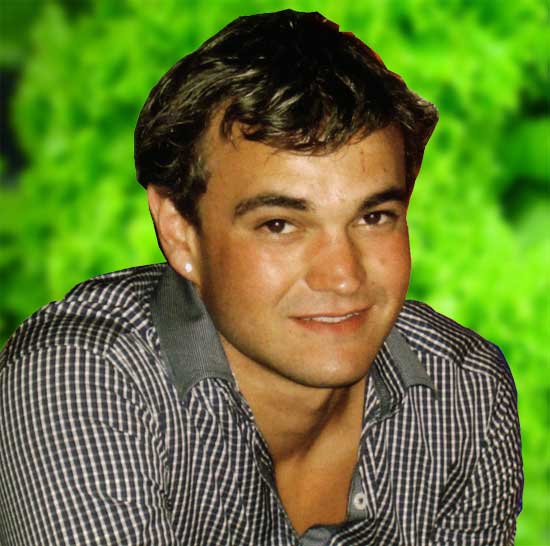|
|
Young Grower, Phillip Cochrane was built for life on the land. The fourth generation grower offers a unique insight into the benefits and pitfalls of being a young Australian vegetable grower. At just 23, and managing your family’s intensive cropping operation, what do you see as the advantages of being a young grower in the Australian vegetable industry ? As a young grower, I am certainly eager to get stuck in and learn as much as I can. I have nothing holding me back and I’m perhaps more interested in looking towards the future and where things might go. I suppose us younger growers may be a little more enthusiastic than some of the older guys too, which naturally probably diminishes over time.
What then are some of the disadvantages? The only major thing holding me back is a lack of knowledge, which you only get from experience and making your own mistakes. My Dad is a huge help and always watching to see how we’re going and can sometimes see problems because he’s experienced something similiar in the past. It’s all good to be young and enthusiastic and want to work and have a go, but you do need someone who is older and wiser and has that experience. As a young grower, having someone who is willing to teach you, and actually explain why, and not just how, to do things is very important. I was lucky enough to do my apprenticeship with a neighboring grower, Peter Schreurs, who really took me under his wing. Peter opened his doors, which many wouldn’t have, and showed me not only how to do things, but also took time to teach me why it was needed. How have you looked to keep the business successful into a fourth generation? When I came into the family business, I looked at ways to introduce new technology to increase production. With two other local growers and one from interstate, we recently travelled to England and the Netherlands to observe growing practices and primarily look at a spring onion harvester. We were so impressed we purchased a harvester and despite the current wet conditions, it is already proving effective. Was vegetable growing always the plan? Yeah, I suppose (said with a laugh). I struggled at school and I probably only stayed to get my VCE because of a few bribes from my Mum. Even during my VCE, I was always on the farm and when I wasn’t, I missed it. It became pretty clear pretty quickly where my heart was. I can’t really see myself doing anything else. It’s a lifestyle rather than a job. Life on the farm never stops. You say that to people and they don’t really understand it, but physically and mentally it never stops. Though it’s often a 12-hour work day, it doesn’t really bother me because I enjoy what I do, and most of all I enjoy doing a good job. What are some of the challenges you are currently confronting? Though my dad is still heavily involved, he isn’t getting any younger. I need someone who can work under me, someone who is going to stick around for a while and I can give some responsibility to. It’s just so hard to find Australian workers, people with common sense and the right motivation that see farming as a career. There are not many that want to commit to the hard work required. With intensive cropping and year-round production, do you ever find time to take a break? It is just part of the game. We have periods especially during summer when we’re flat out and work pretty hard, but then during winter everything slows up a little. We tend not to grow as much and we have time to travel and look at different ways of improving the business. What’s the best part of your job? As I said, vegetable growing is more than just a job and it can be very rewarding. In one sense, you are your own master and if the opportunity is there, you can basically make it whatever you want. If you want to expand, or if you want to head in a certain direction, and you’re prepared to work hard enough for it, then you can achieve anything. |
|
